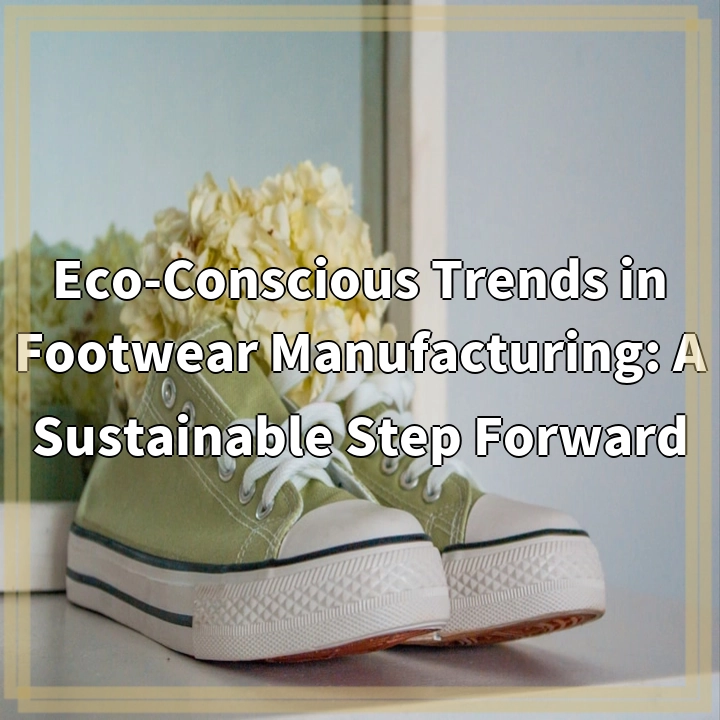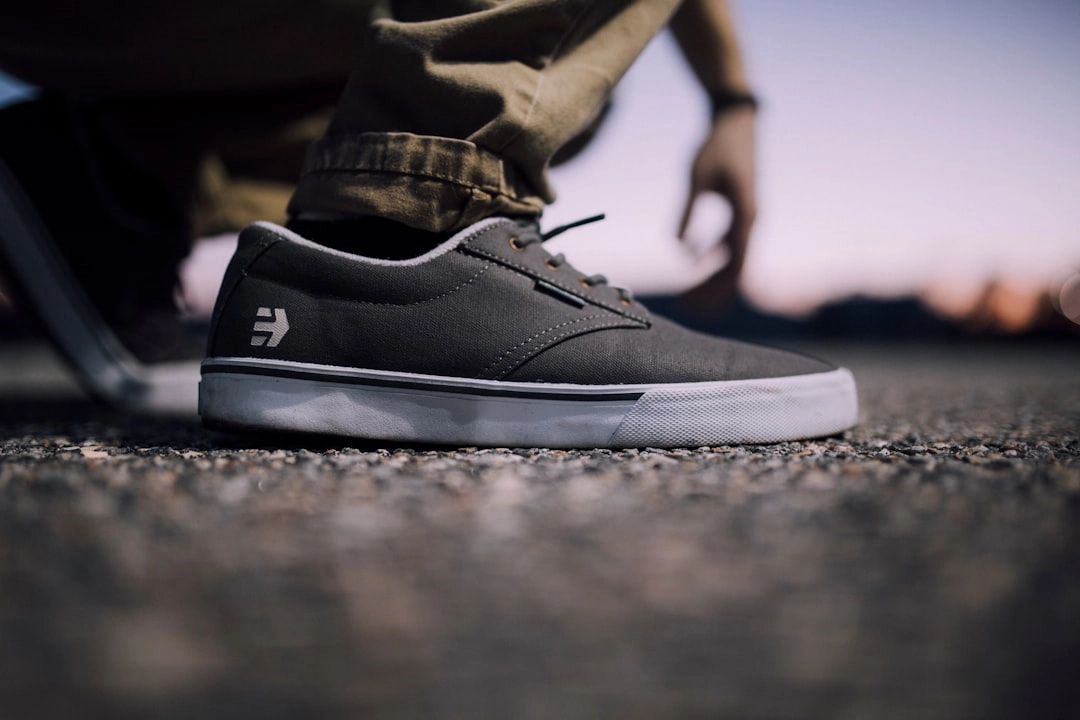
What it is:
Eco-Conscious Trends in Footwear Manufacturing refer to the growing movement within the shoe industry to adopt sustainable practices at various stages of production. These trends aim to minimize the environmental impact of footwear manufacturing and promote ethical and responsible practices.
Real-World Problems Associated with Eco-Conscious Trends in Footwear Manufacturing:
The adoption of eco-conscious trends in footwear manufacturing faces several challenges:
1. Sourcing Sustainable Materials:
One of the primary challenges is finding and sourcing sustainable materials for making shoes. Traditional footwear manufacturing often heavily relies on materials derived from fossil fuels, such as synthetic leather made from PVC or polyurethane. Finding alternatives that are both eco-friendly and durable can be a complex task for manufacturers.
2. Ensuring Supply Chain Transparency:
Footwear manufacturing involves a complex supply chain, with materials being sourced from various locations worldwide. Ensuring transparency throughout the supply chain, from sourcing raw materials to manufacturing and transportation, is vital to ensure ethical practices, fair labor conditions, and minimal environmental impact. However, achieving transparency can be challenging if suppliers do not prioritize sustainable practices or fail to provide detailed information.
3. Balancing Sustainability with Affordability:
Sustainable materials and manufacturing practices often come with higher costs. This poses a challenge for manufacturers to strike a balance between producing eco-conscious footwear and keeping prices affordable for consumers. Many consumers still prioritize affordability over sustainability when making purchasing decisions, making it necessary for manufacturers to find cost-effective ways to implement sustainable practices.
4. Overcoming Consumer Preferences and Fashion Trends:
Consumer demand for certain shoe styles and trends can impact the adoption of eco-conscious practices. Fast fashion and the desire for new shoes continuously drive the market, leading to overproduction and increased waste. Educating consumers about the environmental impact of their choices and promoting sustainable fashion trends is essential to shift consumer preferences towards eco-conscious footwear options.
5. Addressing the Issue of Waste and End-of-Life Footwear:
Shoe production generates significant waste, both in terms of materials and discarded shoes. Finding effective ways to manage waste, such as implementing recycling programs or developing innovative materials that are biodegradable or recyclable, is a critical challenge for the footwear industry. Proper disposal and recycling of shoes remain problematic due to the lack of infrastructure and awareness.

Solutions for Eco-Conscious Trends in Footwear Manufacturing:
Addressing the challenges associated with eco-conscious trends in footwear manufacturing requires a thoughtful and holistic approach. Here are some potential solutions:
1. Research and Development:
Investing in research and development to discover and refine sustainable materials for footwear production is crucial. By exploring plant-based alternatives, recycled materials, and biodegradable options, manufacturers can reduce their reliance on non-renewable resources and minimize the environmental impact of shoe production.
2. Collaboration and Supply Chain Engagement:
Working closely with suppliers and engaging in open dialogue about sustainability goals can help ensure transparency and ethical practices throughout the supply chain. By establishing standards and certifications, manufacturers can show a commitment to sustainable sourcing and build trust with environmentally-conscious consumers.
3. Innovation and Technology:
Embracing innovation and technological advancements can enable the development of more sustainable manufacturing processes. This includes utilizing energy-efficient machinery, adopting water-saving techniques, and exploring new production methods that reduce waste. Incorporating automation and digitization where feasible can also streamline processes and reduce the environmental footprint.
4. Raising Consumer Awareness:
Educating consumers about the environmental impact of their footwear choices is essential. Sustainable fashion campaigns, transparent labeling, and initiatives to promote eco-conscious consumer behavior can help shift preferences towards more sustainable footwear options. Brands can also emphasize the durability and longevity of their products, encouraging consumers to prioritize quality over quantity.
5. Circular Economy Practices:
Implementing circular economy practices within footwear manufacturing can help address waste and end-of-life shoe disposal issues. Designing shoes with recyclability in mind, creating take-back programs, and exploring innovative recycling technologies can minimize landfill waste and promote a more circular approach to footwear production.
By adopting these solutions and embracing sustainable practices throughout the footwear industry, a sustainable step forward can be made towards eco-conscious trends in footwear manufacturing.















